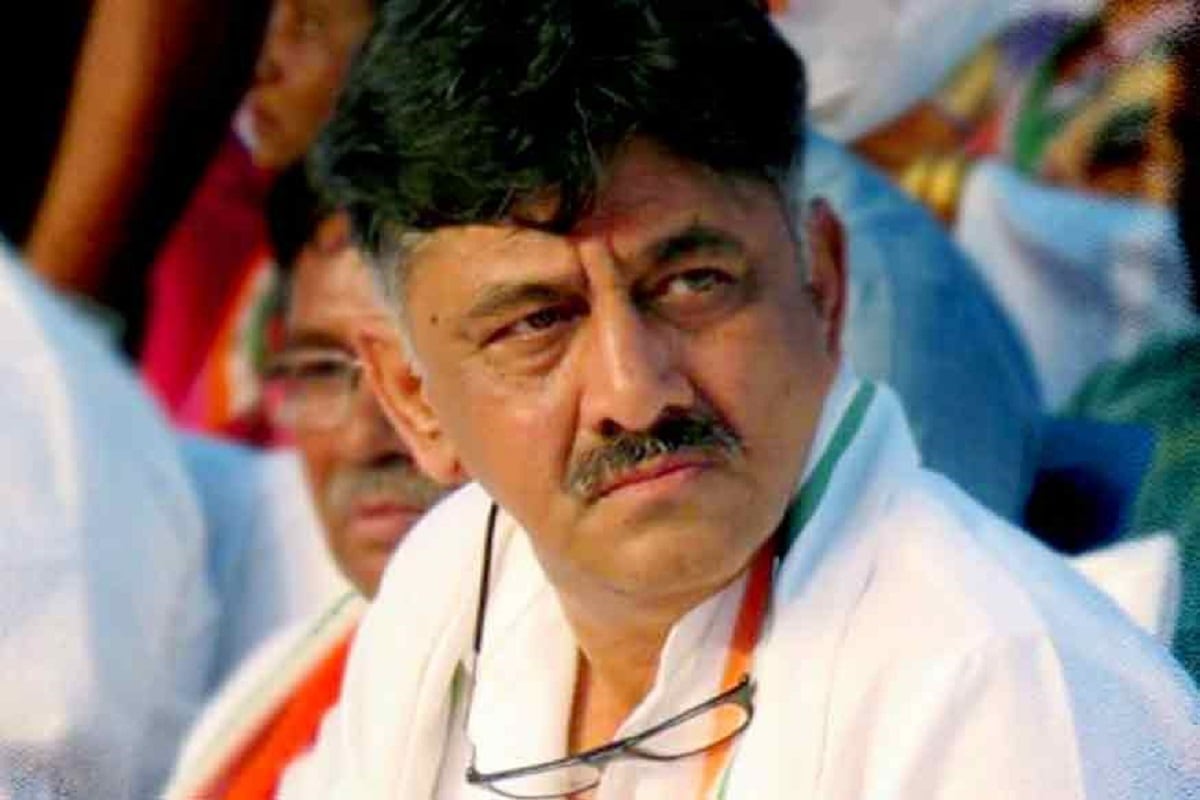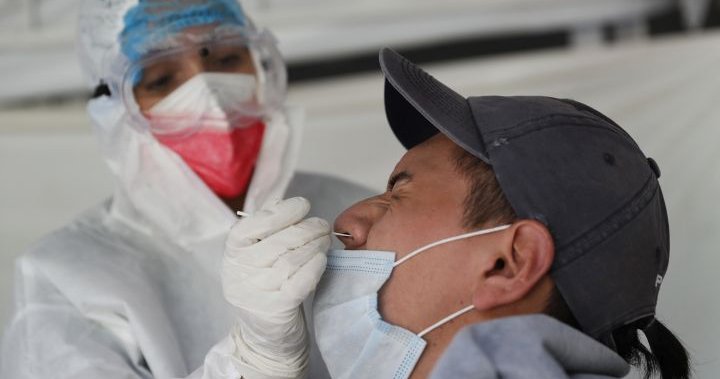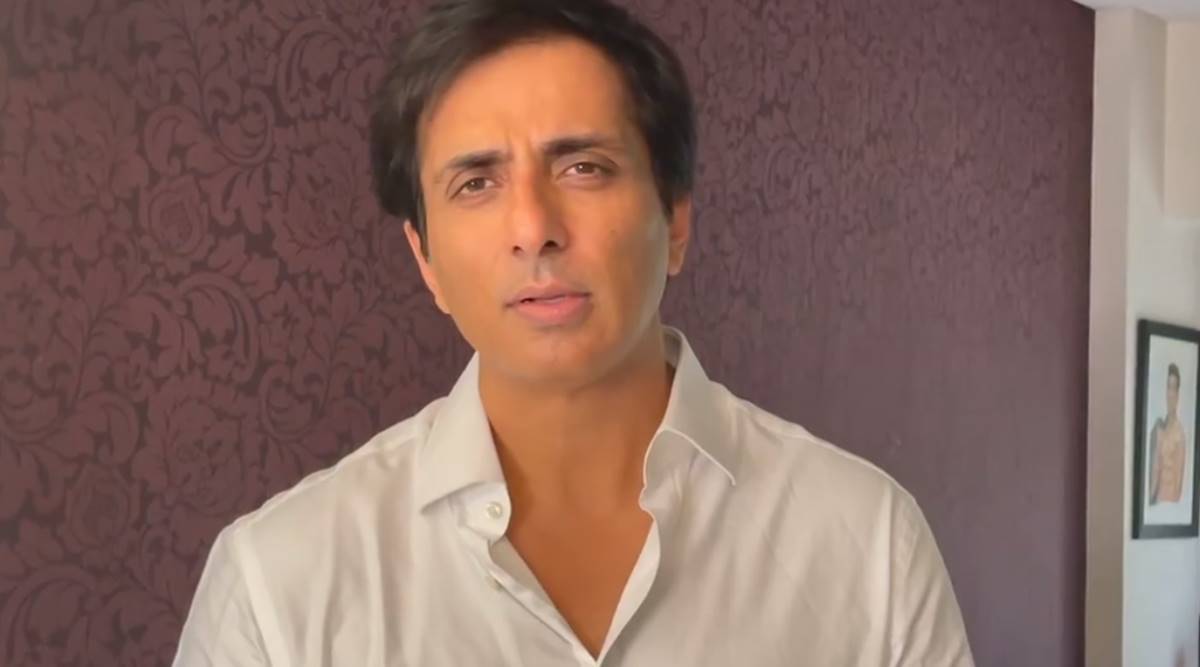New Delhi: Congress leader Rahul Gandhi, Union ministers Ashwini Vaishnaw and Prahlad Singh Patel, and election strategist Prashant Kishor were among the potential targets of surveillance through an Israeli spyware, according to news website The Wire.
The website is part of a 17-member consortium that acted as media partners to an investigation by Paris-based non-profit organisation Forbidden Stories and rights group Amnesty International into a leaked list of over 50,000 phone numbers across the world that are believed to have been the target of surveillance through Pegasus software of Israeli company NSO Group, news agency PTI reported.
“…at least two mobile phone accounts used by Congress leader Rahul Gandhi were among 300 verified Indian numbers listed as potential targets by an official Indian client of the Israeli surveillance technology vendor…,” The Wire reported on Monday. The report said “five of his social friends and acquaintances” too were on the list of potential targets; none of them “plays any role in politics or public affairs”.
It said Rahul’s phones were not among those examined to find out if they were indeed compromised as “he no longer has the handsets he used at the time that his numbers appear to have been selected for targeting – from mid-2018 to mid-2019”.
Names of potential targets featuring in the controversial database only indicate that they were subjects of interest. The Wire maintains that in the absence of forensic analysis, it’s not possible to conclude if a phone has actually been infected.
Monday’s report said the “forensic inspection of a cross-section of phones drawn from this list by Amnesty International’s technical lab has confirmed the presence of Pegasus spyware in as many as 37 instruments, 10 of which are in India”.
The Opposition has latched on to the issue to target the government and triggered ruckus in House on the first day of the monsoon session on Monday.
In response, the government said the controversy was an “attempt to malign the Indian democracy and its well-established institutions” and “any form of illegal surveillance is not possible with the checks and balances in our laws and our robust institutions”.
In another report, The Wire said Union communications, electronics and information technology (IT), and railways minister Ashwini Vaishnaw and Prahlad Singh Patel, minister of state for Jal Shakti, were among other political heavyweights featuring as potential targets.
It added Vaishnaw was “informed of his presence in the leaked database on Sunday but has yet to respond with a comment or reaction”.
According to this second report, the list also featured “the personal secretary to Vasundhara Raje Scindia, when she was the BJP’s chief minister in Rajasthan, and Sanjay Kachroo, who worked as an officer on special duty (OSD) for Smriti Irani in her first years as a Union minister in the Modi government from 2014-2015”.
The report said some junior politicians linked to the Centre’s ruling Bharatiya Janata Party (BJP) and Vishwa Hindu Parishad leader Pravin Togadia too featured in the database.
In a third report, The Wire said “the phone of poll strategist Prashant Kishor was broken into using NSO Group’s Pegasus spyware” during the fiercely fought West Bengal elections earlier this year.
“In addition, the mobile number of Abhishek Banerjee, the powerful Trinamool Congress MP who is nephew of West Bengal chief minister Mamata Banerjee and a key party strategist, was also selected as a potential target for surveillance by a government client of NSO Group,” the report said.
On Sunday, The Wire reported that over 300 verified mobile phone numbers, including of two serving ministers, over 40 journalists, three opposition leaders and one sitting judge besides scores of business persons and activists were in the database and could have been targeted for hacking use the Israeli spyware sold only to government agencies.
Government’s response
A highly sensational story was published on Sunday night, IT minister Vaishnaw said in the Lok Sabha. He said many over-the-top allegations had been made around this story.
“Hon’ble Speaker Sir, the press reports have appeared a day before the Monsoon session of Parliament. This cannot be a coincidence,” he said in the House.
Vaishnaw pointed out that in the past, “similar claims” were made regarding the use of Pegasus on WhatsApp and that those “reports had no factual basis”.
The presence of a phone number in the data does not reveal whether a device was infected with Pegasus or subject to an attempted hack, he stressed. Therefore, the report itself clarifies that presence of a number does not amount to snooping, Vaishnaw added.
He also pointed to NSO’s reaction to the controversy. “NSO Group believes that claims that you have been provided with, are based on misleading interpretation of leaked data from basic information, such as HLR Lookup services, which have no bearing on the list of the customers’ targets of Pegasus or any other NSO products,” he quoted a company statement as saying.
Vaishnaw stressed that NSO has also said the “list of countries shown using Pegasus is incorrect and many countries mentioned are not even our clients. It also said that most of its clients are western countries”.
“In India, there is a well-established procedure through which lawful interception of electronic communication is carried out for the purpose of national security, particularly on the occurrence of any public emergency or in the interest of public safety, by agencies at the Centre and States,” Vaishnaw said, adding there was no “substance behind the sensationalism”.




